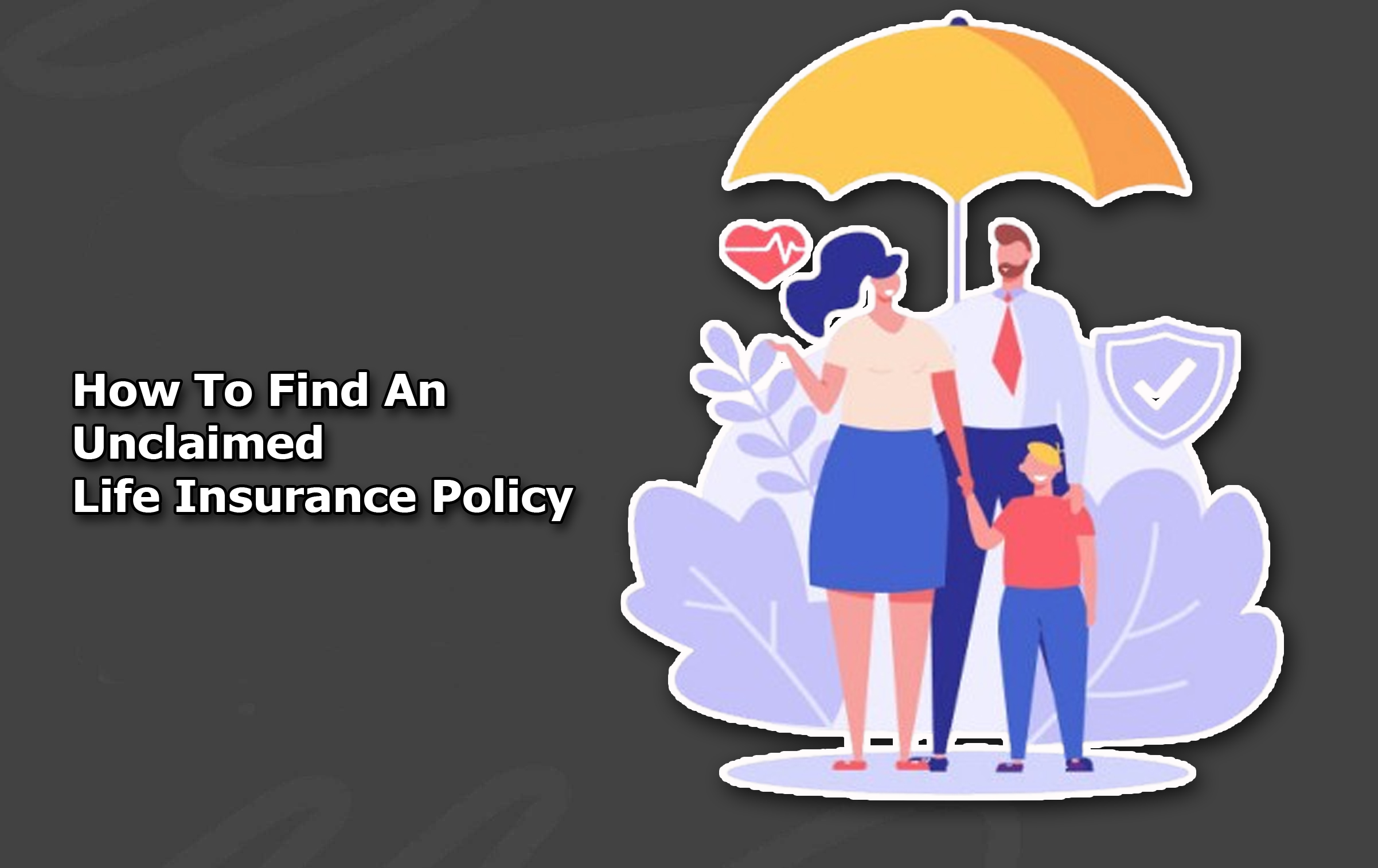Should I Insure My Vinyl Collection? Vinyl records have surprisingly made a remarkable comeback in recent years. With collectors and music enthusiasts cherishing them for their rich sound quality, nostalgic value, and artistic significance, it’s become a great deal again.

Whether you have been collecting vinyl for decades or recently started building your collection, the sentimental and financial value of these records can be substantial.
As vinyl records are increasingly rare and sought after, their prices continue to rise, which makes them more than just a passion project, they can be an investment.
Furthermore, given the potential worth of a vinyl collection, both financially and emotionally, you might wonder whether it is necessary to insure it.
Many collectors simply overlook the possibility of theft, damage, or loss. Hence, they assume that their records will always remain safe.
However, unforeseen events such as natural disasters, fires, or accidents could put your collection at risk. Insuring your vinyl collection could provide financial security and peace of mind.
True Value Of A Vinyl Collection
A vinyl collection can hold significant value beyond its purchase price. Whether you have vintage records, rare limited editions, or first pressings of classic albums, their worth can increase over time.
Some records can fetch thousands of dollars at auctions or in collector circles. So, it makes the vinyl collection a lucrative investment.
Factors That Influence Value
Here are some note-worthy factors that can massively influence the value of such collections:
- Rarity and Limited Editions: Limited pressings and rare records tend to appreciate in value due to scarcity.
- Autographed Records: Signed vinyl records are even more valuable and can fetch premium prices in the market.
- Original Pressings: First pressings of albums generally hold more value compared to reissues.
- Artist and Demand: Vinyl from legendary artists or albums that have gained cult status is often in high demand.
- Condition and Grading: Records in mint or near-mint condition hold higher resale value compared to scratched or worn-out records.
The Risks Associated With Vinyl Collecting
Owning a vinyl collection also comes with its share of inherent risks. Although they may seem durable, records are susceptible to loss, theft, or damage, which can result in a significant financial setback.
Some of the common risks associated include:
- Transportation Risks: Moving vinyl from one location to another can lead to accidental loss or breakage.
- Storage Issues: Poor storage conditions can lead to mold, warping, and degradation of the collection over time.
- Accidental Damage: Improper handling, dropping records, or exposure to extreme temperatures can badly warp or crack vinyl.
- Theft and Burglary: Vinyl records, especially rare ones, are usually targeted by thieves and resellers.
- Fire and Natural Disasters: Fires, floods, earthquakes, and hurricanes can completely destroy a vinyl collection.
What Is Vinyl Collection Insurance?
Getting insurance for vinyl collections is similar to insuring other valuable collectibles, such as art or jewelry. What’s more, it ensures that you receive compensation for the appraised value of your records in the event of damage, loss, or theft.
Types Of Coverage
Here are the types of coverage available for your vinyl collection:
- Homeowner’s or Renter’s Insurance: Some policies may cover vinyl collections under personal property, but the coverage may be limited.
- Business Insurance (for Sellers/Dealers): If you buy and sell records professionally, then business insurance may be necessary.
- Scheduled Personal Property Insurance: This allows you to list individual high-value records to ensure full coverage.
- Specialized Collectibles Insurance: Dedicated insurance policies for collectibles provide higher coverage and more tailored protection.
How To Insure Your Vinyl Collection
If you decide to insure your vinyl collection, there are important steps to follow to ensure proper coverage and protection. Those important steps include:
- Assess the Value – You can start by getting a professional appraisal or keeping track of market prices for rare records.
- Document Your Collection – Maintain a detailed inventory with photos, descriptions, and receipts.
- Choose the Right Insurance Policy – Compare different insurance options and find one that suits your needs.
- Check Coverage Limits and Exclusions – Read the fine print to understand what is covered and what is not.
- Update Your Insurance Regularly – As your collection grows, update your policy to reflect its current value.
These are the steps to follow on how you can safely insure a vinyl collection.
Cost Of Insuring A Vinyl Collection
The cost of insuring your vinyl collection depends on several factors, including the type of coverage, total value, type of coverage, and insurance provider.
Generally, insurance for collectibles can range from 1% to 3% of the total insured value annually.
Factors Affecting Insurance Costs
Here are the determining factors that affect the costs of insurance on your collection:
- Collection Size and Value: Larger collections with rare records will have higher premiums.
- Deductibles and Coverage Limits: Lower deductibles and higher coverage limits may increase the cost.
- Location: Areas prone to theft or natural disasters may have higher insurance rates.
- Type of Insurance: Specialized policies may cost more but provide better coverage.
Is It Worth Insuring Your Vinyl Collection?
Whether or not you should insure your vinyl collection depends on its monetary and sentimental value. If your collection consists of rare and expensive records, then getting insurance is a wise investment. However, if your collection is relatively small or consists mainly of common records, you may decide against it.
Pros and Cons Of Insuring Your Collection
Here are the cons and pros associated with associated with insuring your collection:
Pros:
- Firstly, it provides financial protection in case of loss or damage
- It offers peace of mind
- It also covers rare and expensive records
- Can be customized to suit your needs
Cons:
- It comes with an additional cost
- Might require detailed inventory and appraisals
- Lastly, the coverage limitations may apply
Frequently Asked Questions
Does Homeowners Insurance Cover My Vinyl Collection?
Homeowners insurance may offer limited coverage for personal property, but it often has low limits and may not fully cover a valuable vinyl collection. A specialized collectibles insurance policy is usually a better option.
What Happens If My Vinyl Collection Gets Damaged?
If your collection is insured, you can file a claim with your insurance provider. You will need to provide proof of loss and documentation of the collection’s value to receive compensation.
Can I Add New Records To My Insurance Policy?
Yes, most insurers allow you to update your policy as your collection grows. Moreover, it’s important to regularly update your inventory and policy to ensure full coverage.








